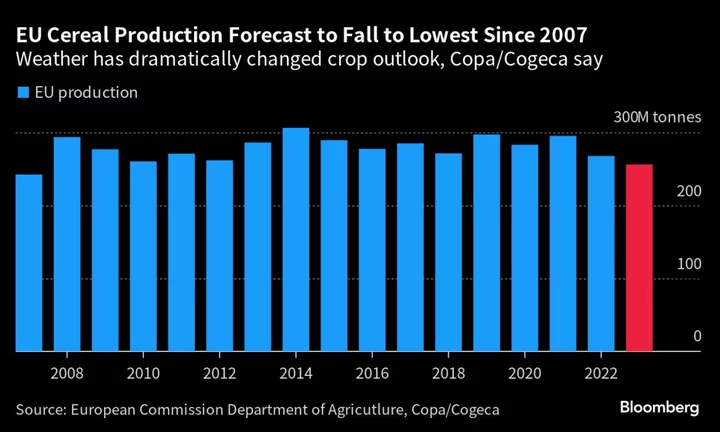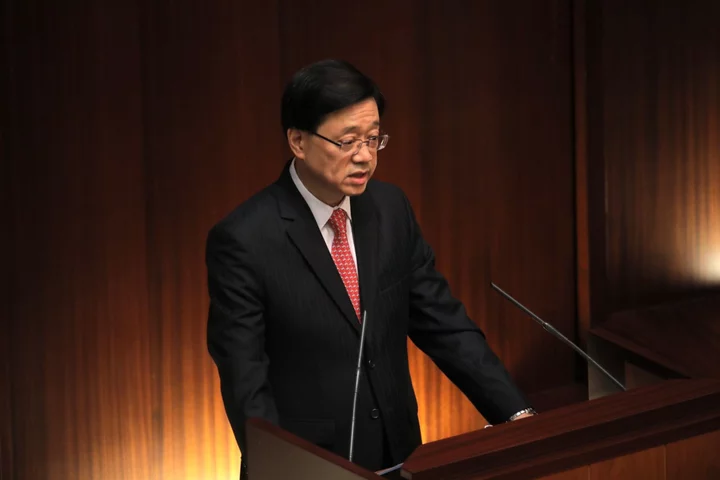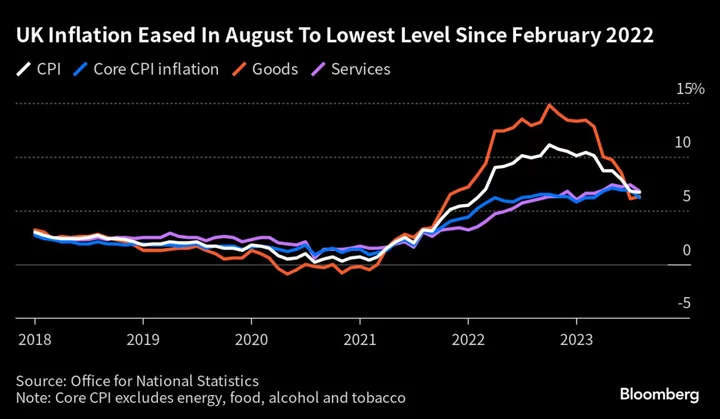China has asked its commercial banks to cap rates offered on some deposits from next week, in its latest move to lower lenders’ funding costs to support the world’s second-largest economy.
The four biggest state-owned banks including Industrial & Commercial Bank of China Ltd. can offer up to 10 basis points above the benchmark rates on so-called agreement and call deposits, while other lenders are told to cap the ceiling at 20 basis points, according to a notice seen by Bloomberg News.
The change would imply a drop of 40 to 55 basis points from previous ceilings on such deposits, according to Guotai Junan Securities Co. The move, following recent rounds of deposit rate cuts in early May and last year, would further alleviate pressure on banks as they strive to balance shrinking margins and government directives to beef up lending support to the economy.
The notice, taking effect from next Monday, was communicated through the nation’s interest rate self-disciplinary mechanism overseen by the central bank. Reuters reported on the move earlier.
The CSI 300 Financials Index rose as much as 1.5% in early trading on Thursday, extending this year’s gain to 6.9%.
China’s commercial banks have had some leeway in setting their own rates since the central bank scrapped direct control in 2005. The People’s Bank of China, however, maintains substantial sway by setting a ceiling and floor for rates through the interest rate self-disciplinary body.
The latest adjustment will effectively lower rates on agreement and call deposits at medium and small banks, China Merchants Securities Co. analyst Liao Zhiming wrote in a Thursday report, adding the impact will be relatively limited on big lenders. The highest rate for agreement deposits would be 1.25% for big four banks and 1.35% for other lenders after the move, according to the note.
Guotai Junan said the overall impact is likely to be limited as most lenders’ current rate offerings remain below the new caps.
Chinese banks are under pressure to maintain profitability as their earnings are weighed down by falling rates and a government push to provide cheap loans to small businesses and home buyers.









